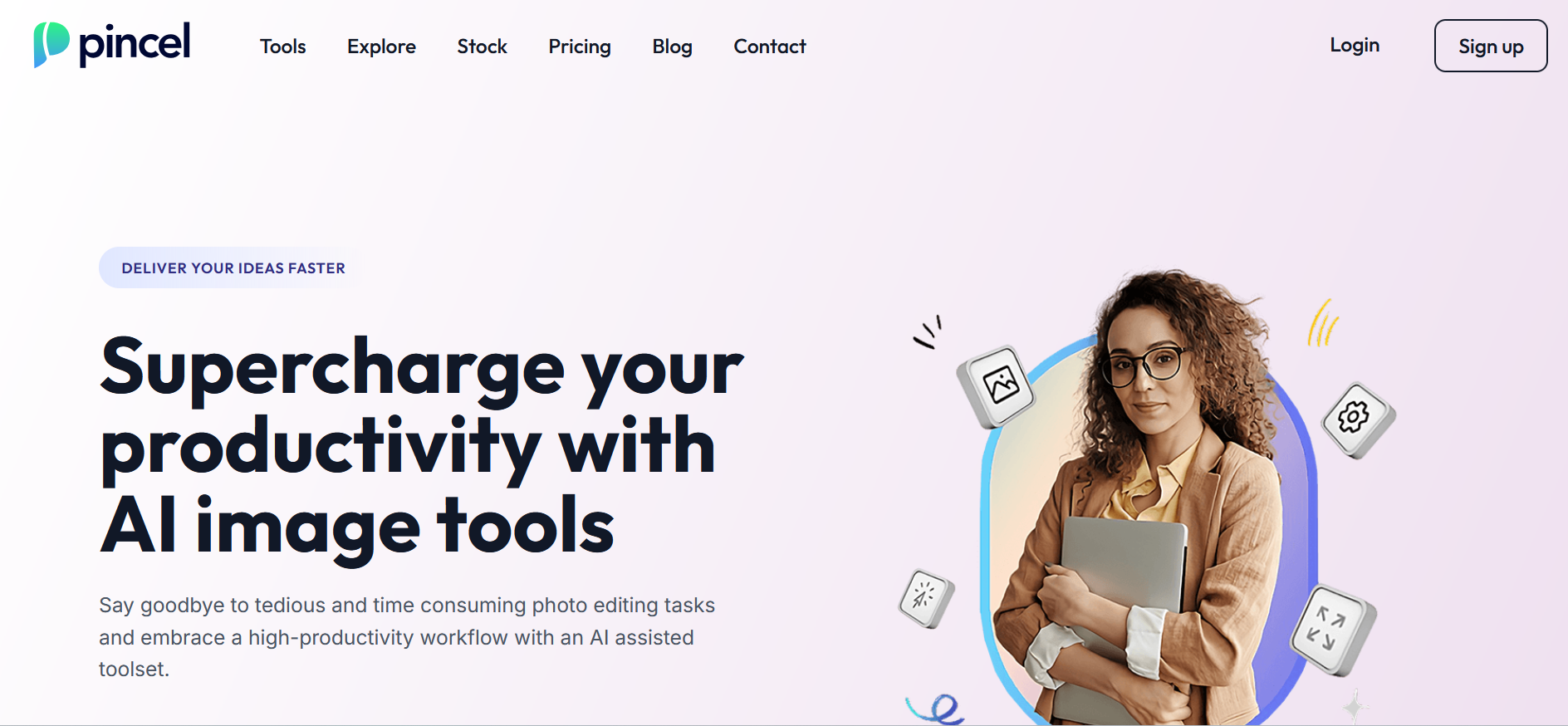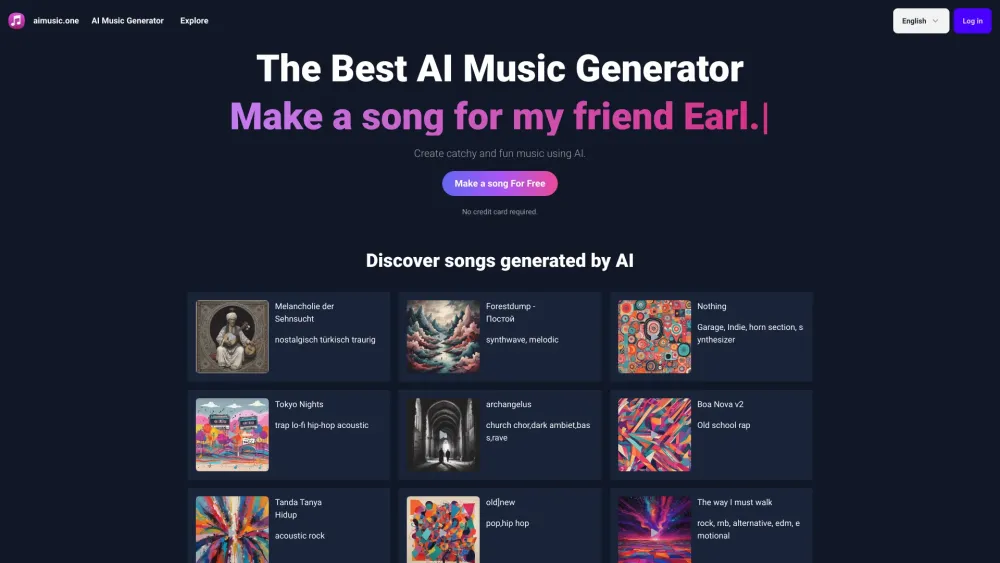Samsung is actively advancing its AI initiatives for consumer devices. Earlier this year, the electronics powerhouse announced its plans to incorporate Galaxy AI and Google’s Gemini model into its lineup. This will include the anticipated flagship smartphone, Galaxy 24, alongside the latest foldable innovations—the Galaxy Z Fold 6 and Galaxy Z Flip 6—each showcasing Galaxy AI and Google Gemini prominently.
Recently, Samsung revealed its intention to enhance its AI capabilities by integrating knowledge graphs. In a noteworthy development announced on Thursday, the South Korean tech giant plans to acquire Oxford Semantic Technologies, a U.K.-based knowledge graph startup recognized for its innovative AI reasoning engine, which can operate on edge devices. The financial terms of the deal have not been disclosed.
Established in 2017 as a spin-off from the University of Oxford by professors Ian Horrocks, Boris Motik, and Bernardo Cuenca Grau, Oxford Semantic Technologies has developed a knowledge graph and semantic reasoning engine called RDFox. This technology converts organizational data into machine-readable formats, enabling improved user experiences through enhanced search results and targeted recommendations powered by rules-based AI.
Knowledge graphs are instrumental in organizing and representing data about real-world entities—such as people, objects, events, and concepts—alongside their interrelations. For example, Google employs knowledge graph technology to enhance its search results, particularly through its knowledge panels.
Oxford Semantic Technologies asserts that its software solutions enable businesses to refine data processing and facilitate advanced reasoning capabilities both on the cloud and edge devices. Their applications span various sectors, including supporting medical diagnoses, integrating mapping for autonomous vehicles, detecting financial crimes, and optimizing product configurations.
This acquisition positions Samsung to leverage Oxford Semantic's advanced AI and personal knowledge graph engines. According to Samsung, this collaboration will enable it to unify disparate information and context from various services and applications to deliver a more personalized user experience while ensuring data privacy on devices. The technology will be applicable not only to mobile devices but also across Samsung's broader product range, including televisions and home appliances.
Samsung has been an existing investor in Oxford Semantic through its venture arm and has collaborated with the startup on multiple projects since 2018. Oxford Science Enterprises is also a key investor in the firm.
Peter Crocker, CEO of Oxford Semantic Technologies, expressed enthusiasm about the partnership, stating, “We are thrilled to collaborate with Samsung. By merging Samsung’s expertise in user experience and data analytics with our advanced knowledge graph and reasoning technology, we aim to elevate personalization for Samsung's customers. Furthermore, developing RDFox alongside Samsung will enhance the overall product and service offerings for all our clients.”




